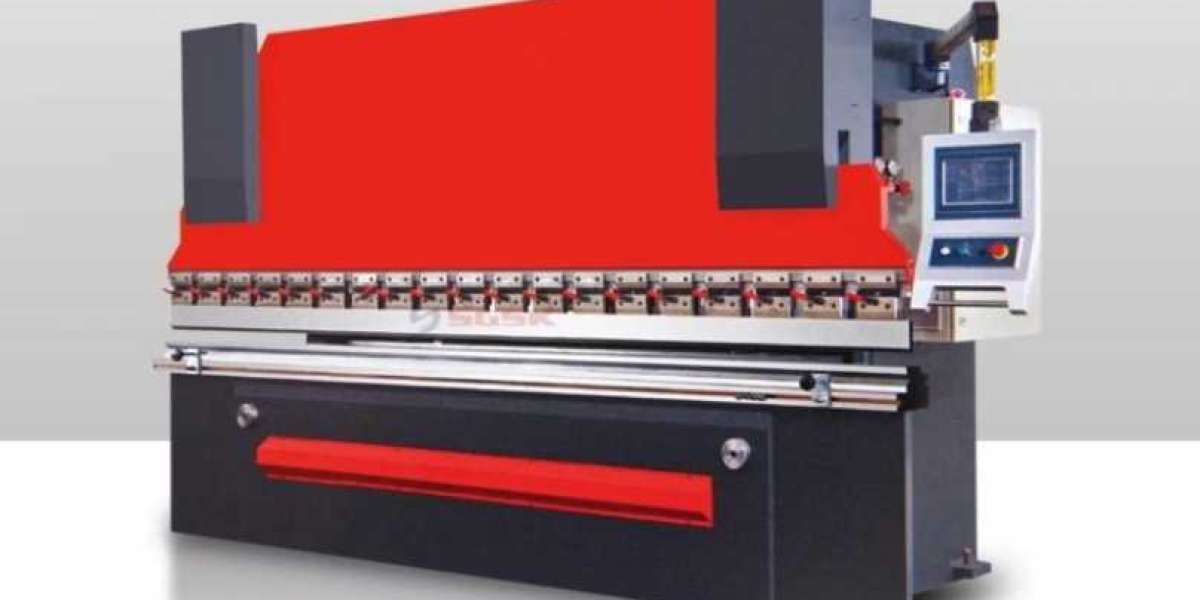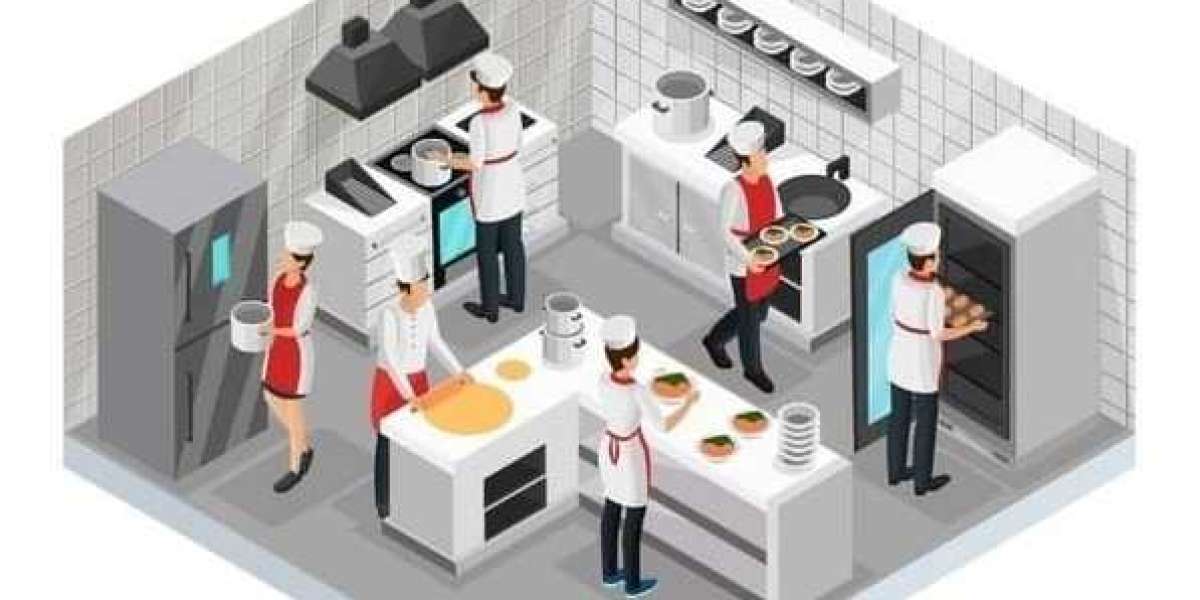Maintaining a warm and cozy home during the colder months is crucial for comfort and health. Central heating systems, though reliable, occasionally need repairs to function optimally. Understanding the ins and outs of central heating repairs can save you time, money, and a lot of hassle. This comprehensive guide will walk you through the essential aspects of central heating repairs, ensuring you're well-prepared to handle any issues that arise.
Introduction
Central heating systems are the backbone of home comfort in many regions. These systems, responsible for distributing heat throughout a home, require regular maintenance and occasional repairs to operate efficiently. Whether you're a DIY enthusiast or prefer calling in the professionals, knowing what to expect and how to handle common issues can make a significant difference.
Understanding Central Heating Systems
How Central Heating Systems Work
Central heating systems use a central source, such as a boiler or furnace, to generate heat. This heat is then distributed throughout the home via a network of pipes and radiators or through forced air ducts. The system relies on a thermostat to maintain the desired temperature by regulating the heat output.
Common Components of Central Heating Systems
Familiarizing yourself with the key components of your central heating system can help you identify and address issues more effectively. These components include:
- Boiler/Furnace: The primary source of heat generation.
- Pipes and Radiators: Distribute hot water or steam throughout the home.
- Thermostat: Controls the temperature settings.
- Circulating Pump: Ensures hot water or steam moves through the system.
- Expansion Tank: Helps manage pressure changes within the system.
Signs Your Central Heating System Needs Repairs
Unusual Noises
Banging, clanking, or whistling noises from your heating system often indicate issues such as trapped air, a failing pump, or loose components. Addressing these sounds early can prevent more serious damage.
Inconsistent Heating
If some rooms in your home are warmer than others, it may be due to an imbalance in the heating system. This can be caused by airlocks in the radiators, faulty valves, or issues with the thermostat.
Increased Energy Bills
A sudden spike in energy costs can signal that your central heating system is working harder than it should. This could be due to a variety of issues, including inefficient components, leaks, or an outdated system.
Common Central Heating Problems and Solutions
Radiator Not Heating Up
If a radiator is cold, it might be due to trapped air. Bleeding the radiator can release the air and restore proper heating. Alternatively, the issue could be a stuck valve, which may need to be freed or replaced.
Boiler Not Firing Up
A boiler that won't start can be due to a lack of fuel, power supply issues, or a faulty ignition system. Checking these elements can often resolve the problem, but professional help may be needed for more complex issues.
Leaking Pipes or Radiators
Leaks can cause significant damage if not addressed promptly. Inspect the system for visible signs of leakage, and tighten or replace the affected components as necessary. In severe cases, professional intervention may be required.
Preventative Maintenance for Central Heating Systems
Regular Inspections
Scheduling regular inspections by a qualified technician can help identify and address potential issues before they become major problems. Annual maintenance checks are recommended for optimal performance.
Bleeding Radiators
Regularly bleeding your radiators ensures that trapped air does not hinder their efficiency. This simple task can be performed using a radiator key and can significantly improve heating distribution.
Flushing the System
Over time, sludge and debris can accumulate within the system, reducing efficiency. Flushing the system involves cleaning out this buildup, which can be done by a professional to ensure thoroughness.
When to Call a Professional
Complex Repairs
While some minor repairs can be handled by homeowners, complex issues such as boiler faults, significant leaks, or electrical problems should be addressed by a professional technician to ensure safety and proper repair.
Safety Concerns
If you suspect a gas leak or notice any unusual smells, it's crucial to contact a professional immediately. Gas leaks are hazardous and require immediate attention from trained personnel.
Choosing the Right Central Heating Repair Service
Research and Reviews
When selecting a repair service, research their reputation and read customer reviews. Look for companies with a history of reliable service and satisfied customers.
Certification and Experience
Ensure the technicians are certified and have experience with your specific type of heating system. Qualified professionals are more likely to diagnose and repair issues accurately.
Transparent Pricing
Choose a service that offers transparent pricing and detailed quotes. This helps avoid unexpected costs and ensures you understand what you're paying for.
DIY Central Heating Repairs
Basic Troubleshooting
Before calling a professional, try basic troubleshooting steps such as checking the thermostat settings, ensuring the boiler has power, and bleeding radiators. These simple tasks can often resolve minor issues.
Safety Precautions
Always prioritize safety when attempting DIY repairs. Turn off the power and water supply before starting any work, and consult the system's manual for guidance.
Benefits of Regular Central Heating Maintenance
Improved Efficiency
Regular maintenance keeps your system running efficiently, reducing energy consumption and lowering utility bills.
Prolonged System Lifespan
Well-maintained systems have a longer lifespan, saving you money on premature replacements and ensuring reliable performance.
Enhanced Comfort
A properly maintained system provides consistent and reliable heating, enhancing the overall comfort of your home.
Conclusion
Central heating repairs are an essential aspect of home maintenance that ensures comfort and safety during the colder months. By understanding common issues, performing regular maintenance, and knowing when to call a professional, you can keep your heating system in top condition. Whether you're a DIY enthusiast or prefer expert assistance, staying informed and proactive about your central heating system will help you maintain a warm and cozy home all year round.
FAQs
What should I do if my central heating system makes unusual noises?
Unusual noises often indicate trapped air, loose components, or a failing pump. Bleeding the radiators and checking for loose parts can help. If the noise persists, consult a professional.
Why is my radiator not heating up properly?
A radiator that isn't heating up might have trapped air or a stuck valve. Bleeding the radiator usually resolves the issue. If not, the valve may need to be checked or replaced.
How often should I service my central heating system?
It's recommended to service your central heating system annually. Regular inspections help identify potential problems early and maintain the system's efficiency.
Can I perform central heating repairs myself?
Basic troubleshooting and minor repairs like bleeding radiators can be done by homeowners. However, complex issues or those involving gas or electricity should be handled by professionals.
What are the benefits of regular central heating maintenance?
Regular maintenance improves system efficiency, prolongs its lifespan, and ensures consistent heating, reducing energy bills and enhancing home comfort.
How do I choose a reliable central heating repair service?
Look for certified technicians with experience, read customer reviews, and select a service with transparent pricing and a good reputation.











